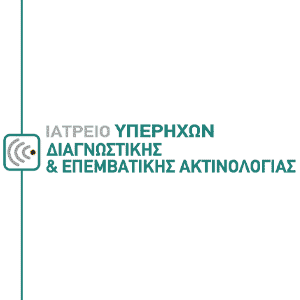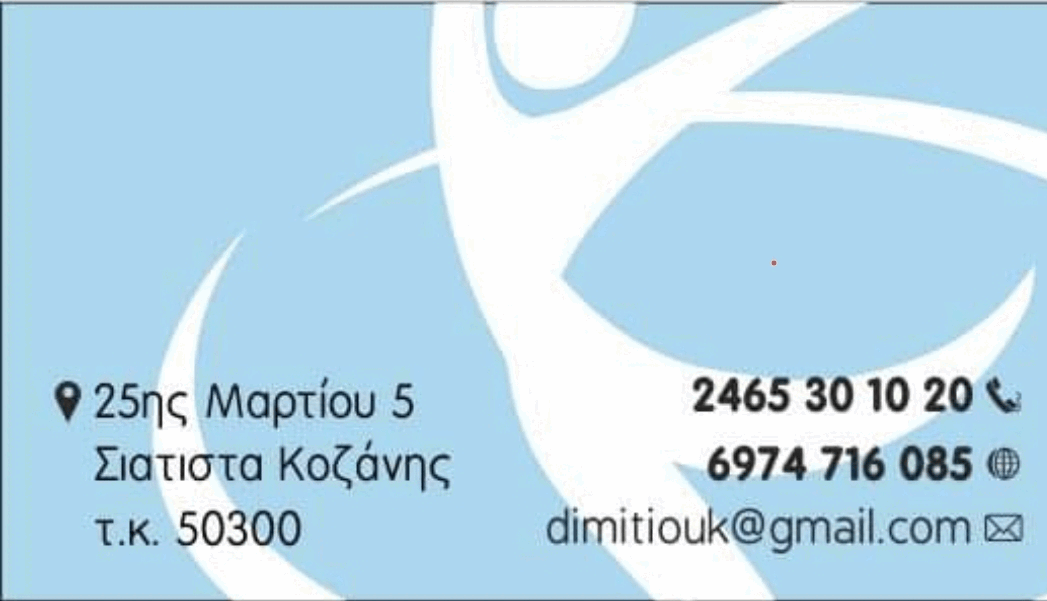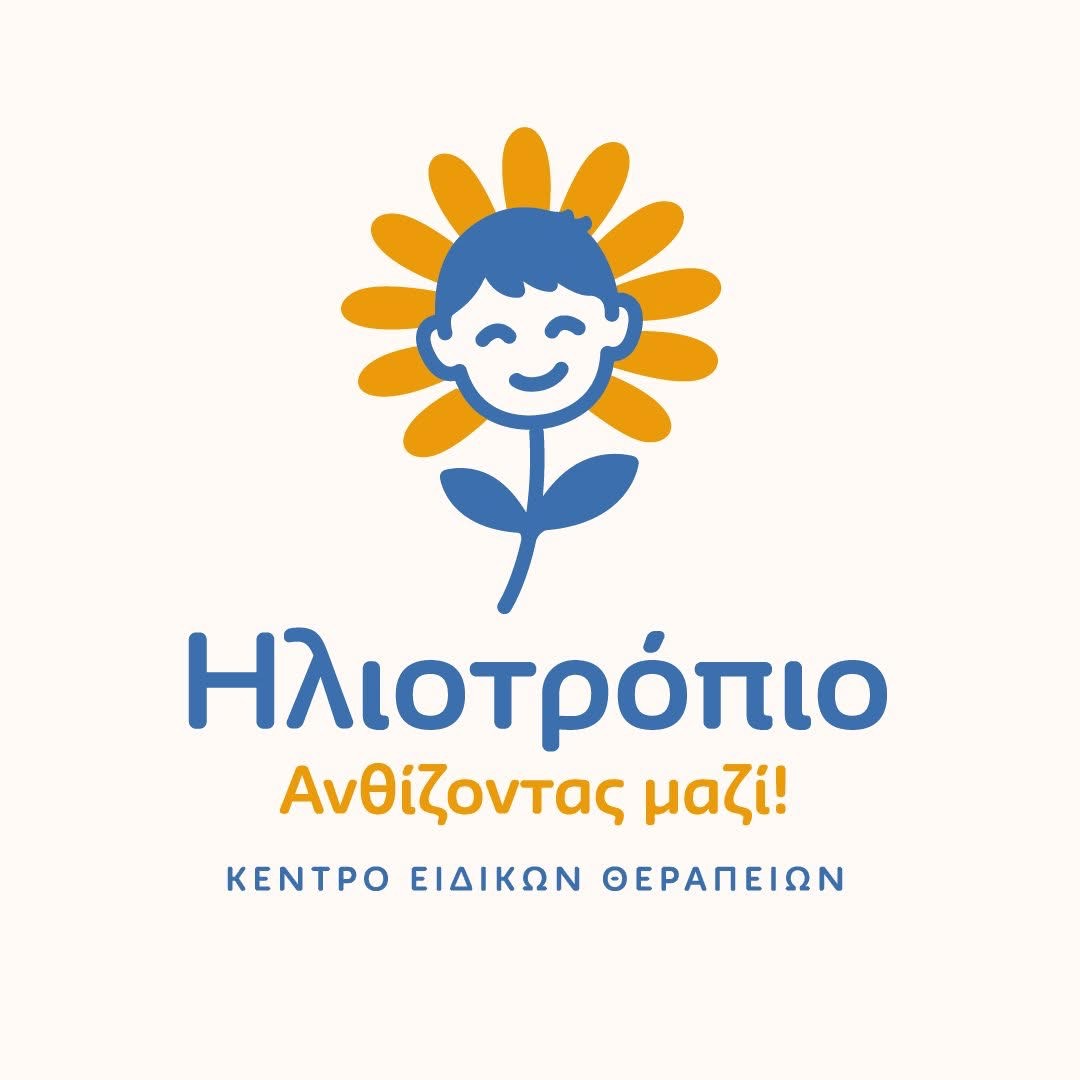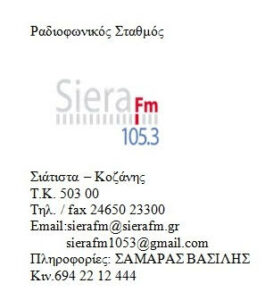Το Σάββατο 4 Μαρτίου θα διεξαχθεί σύμφωνα με αποκλειστικές πληροφορίες της aftodioikisi.gr o μεγάλος γραπτός διαγωνισμός του ΑΣΕΠ (προκήρυξη 2Γ/2022). Σύμφωνα με τις ίδιες πληροφορίες, η ημερομηνία αυτή, που είχε στην ουσία προαναγγείλει ο υπουργός Εσωτερικών Μάκης Βορίδης, προκρίθηκε καθώς την αμέσως επόμενη εβδομάδα (6-10/3) ο πρωθυπουργός Κυρ. Μητσοτάκης πρόκειται να ανακοινώσει την διάλυση της Βουλής και την προκήρυξη εκλογών στις 9 Απριλίου.
Η επίσημη ανακοίνωση για τον γραπτό διαγωνισμό που αφορά πάνω από 6.000 θέσεις, για τις οποίες θα διαγωνιστούν 107.957 υποψήφιοι (μπαίνει 1 στους 17), πρόκειται να γίνει τις επόμενες ημέρες, ώστε οι διαγωνιζόμενοι να έχουν, πλέον, όλα τα δεδομένα.
Tα SOS
Υπενθυμίζεται ότι με προχθεσινή του ανακοίνωση το ΑΣΕΠ δίνει συγκεκριμένα παραδείγματα σχετικά με τη δοκιμασία δεξιοτήτων και εργασιακής αποτελεσματικότητας που θα περιλαμβάνει τρία είδη ερωτήσεων:
1.Ερωτήσεις Αριθμητικού Συλλογισμού: Ο αριθμητικός συλλογισμός αξιολογεί την ικανότητα των υποψηφίων να προβαίνουν σε λογικούς συλλογισμούς δίνοντας έμφαση στην κατανόηση της σχέσης μεταξύ αριθμών. Σε κάθε ερώτηση, ο υποψήφιος καλείται, αρχικά, να εντοπίσει, κάνοντας απλές πράξεις, τη μαθηματική σχέση που συνδέει τους αριθμούς της εκφώνησης. Στη συνέχεια πρέπει, με βάση τη μαθηματική σχέση που εντόπισε, να συμπληρώσει το κενό που συμβολίζεται ως (?) με μια από τις επιλογές (A,B,Γ,Δ) του πίνακα με το γκρι φόντο.
2.Ερωτήσεις Λεκτικού Συλλογισμού: Ο λεκτικός συλλογισμός αξιολογεί τις γλωσσικές δεξιότητες και την ικανότητα να προβαίνει κανείς σε λογικούς συλλογισμούς κατανοώντας τη σχέση μεταξύ λέξεων και εννοιών. Ως εκ τούτου, η ζητούμενη σχέση δεν έχει γραμματικό ή συντακτικό ή ορθογραφικό χαρακτήρα καθώς δεν πρόκειται για εξέταση γνώσης της νεοελληνικής γλώσσας, όπως φαίνεται ότι έχουν πιστέψει λανθασμένα πολλοί υποψήφιοι.
3.Ερωτήσεις Αξιολόγησης Υποθετικών Καταστάσεων: Οι ερωτήσεις Αξιολόγησης Υποθετικών Καταστάσεων αξιολογούν τον τρόπο σκέψης του υποψηφίου όταν καλείται να αντιμετωπίσει μιαυποθετική κατάσταση που θα μπορούσε να αποτελεί μέρος της εργασιακής καθημερινότητας ενός υπαλλήλου σε δημόσια υπηρεσία.Σε κάθε ερώτηση ο υποψήφιος, αφού διαβάσει προσεκτικά την περιγραφή και τα δεδομένα της υποθετικής κατάστασης, καλείται να επιλέξει μεταξύ τεσσάρων εναλλακτικών απαντήσεων (Α, Β, Γ, Δ) για την αντιμετώπιση του προβλήματος. Κριτήριο της απάντησης που θα επιλεγεί θα πρέπει να είναι η, κατά την κρίση του υποψηφίου, πιο αποτελεσματική και σφαιρική αντιμετώπιση της υποθετικής κατάστασης. Επισημαίνεται ότι ενδέχεται να υπάρχουν περισσότερες από μία ενδεδειγμένες προσεγγίσεις σε κάθε ερώτηση. Ωστόσο, μία από αυτές αντιμετωπίζει το πρόβλημα που αποτυπώνεται σε κάθε ερώτηση πιο αποτελεσματικά και σφαιρικά σε σχέση με τις υπόλοιπες.
Πηγή: aftodioikisi.gr




























